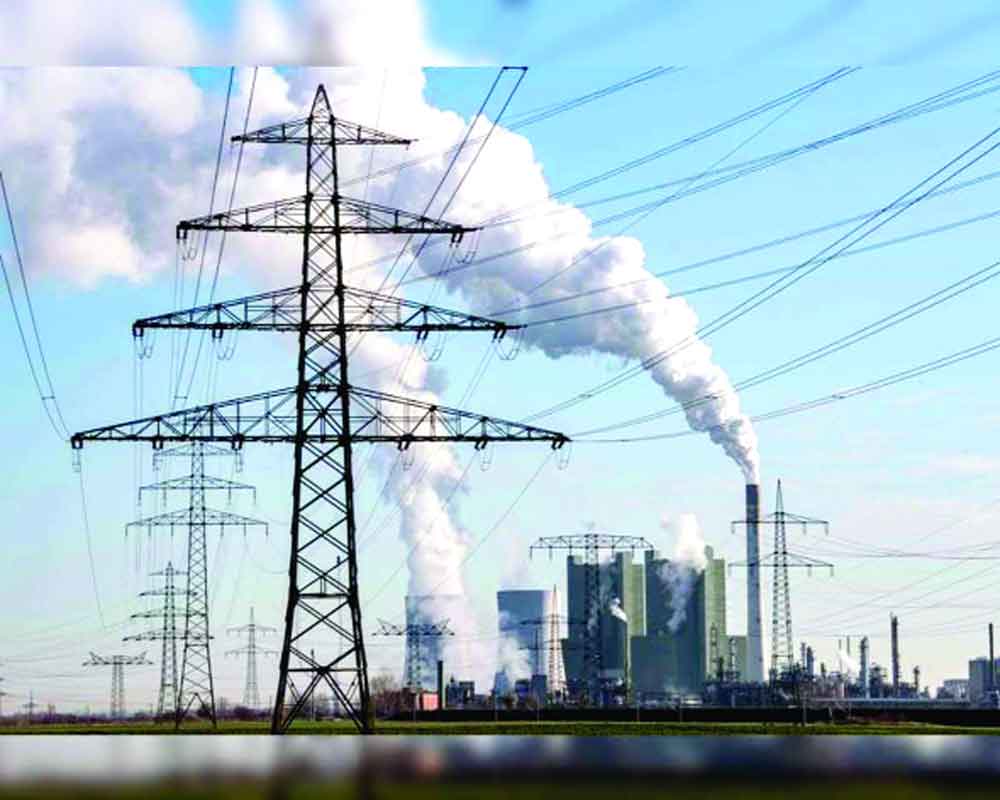Even after witnessing respectable economic growth during the post-reform period, India has somehow struggled with the equitable distribution of her wealth. The top 10 per cent of India’s population hold 74 per cent of the total national wealth, while the bottom 90 per cent have to manage itself with the rest of the crumbs.
As a mature democracy, we cannot afford to ignore the existing disparity of this magnitude. Yet, all political parties despite their differences in ideologies have historically tried to ostensibly tackle this
grave issue by doling freebies and sops to this vulnerable and marginalised section, especially during election periods.
For instance, free electricity, free water supply, waiver of agricultural loans, unemployment doles, and giving away gadgets like television, smartphones, laptops, and tabs have gained widespread acceptance among political stakeholders for making competitive bids for votes. And the sad part is: This indulgence in competitive bidding is rarely done keeping in mind the financial health of the States.
Is it a corrupt practice?
There is a section of diehard ideologues that sees these freebies as furtherance of Directive Principles. They think as long as public funds splurged on freebies are spent after getting proper clearance from the legislature, these populist measures can’t be termed corrupt practices.
However, in our enthusiasm to sound rational, are we neglecting an important issue of moral hazard, where the beneficiaries of these freebies are as guilty as political parties dispensing these inducements? Isn’t this the job of the social intelligentsia to help beneficiaries make an informed decision, where the long-term cost is rationally weighed against the immediate gains from freebies?
Is it a welfare measure?
There is another section of ideologues that fails to see any problem with freebies. For them, it is another form of welfare measure targeted at the bottom of the pyramid. There is some grain of truth in their contention as quite a handful of national welfare schemes like Mid-day Meal, National Food Security, and PM Kisan Samman Nidhi started as freebies in different States.
However, that doesn’t mean every freebie has an equal chance of becoming a welfare scheme. The distribution of free power is a case in point. In fact, the unabated culture of free power has created an unprecedented threat to India’s energy security; where State discoms are incurring an annual loss of more than Rs 75,000 crore.
Is it a failure of governance?
Both eras of the post-independence economic regime (the planned as well as the market) have failed us majorly on the social sector front. Most indicators of health, education, and employment are not yet strong enough to establish themselves as the keystone of development.
Political dispensations (both at the Centre and States) are, in fact, aware of their inability to resolve the long-lasting challenges on these fronts. Hence, the political class rarely shies away from playing Robinhood politics. As a result, the root cause of the issue often remains unresolved. For instance, MNREGA as a job guarantee scheme is mostly a sign of failure on the part of the Government to create a conducive and long-lasting ecosystem for widespread job creation.
Is it equivalent to revenue forgone?
Are these freebies any different from the tax concessions given to corporate entities? How the revenue forgone on the pretext of concessions given to corporates often fails to qualify itself for a mainstream discussion?
States are well within their rights to use public funds for public purposes. But that doesn’t mean they can’t be made accountable for their fiscal profligacy. While mechanisms to keep populist schemes under restraint can be implemented as per recommendation by the finance commission, it needs to ensure that essential public services don’t get affected by these restraints.
Is it possible to regulate them?
The role of electoral democracy in India’s economic growth is something that should never be underestimated at any cost. It has always played a critical role in shaping and reshaping the undefined contours of the nation’s polity, economy, and society. And being an integral part of this ongoing churning, the political stakeholders can afford to make numerous mistakes as long as they are allowed by their voters.
The Supreme Court’s decision to examine this complicated issue by taking recommendations from the body of different key stakeholders raises an important question of whether it is right to bypass the legislature while trying to resolve such a politically sensitive issue. Because, all said and done, the issue of pre-poll freebies in the name of unregulated populism is essentially a political question that can’t be outsourced to any other institution of democracy.
(The writer is a former IRS officer & author of the book ‘Current Perspectives on the Indian Economy’)


























